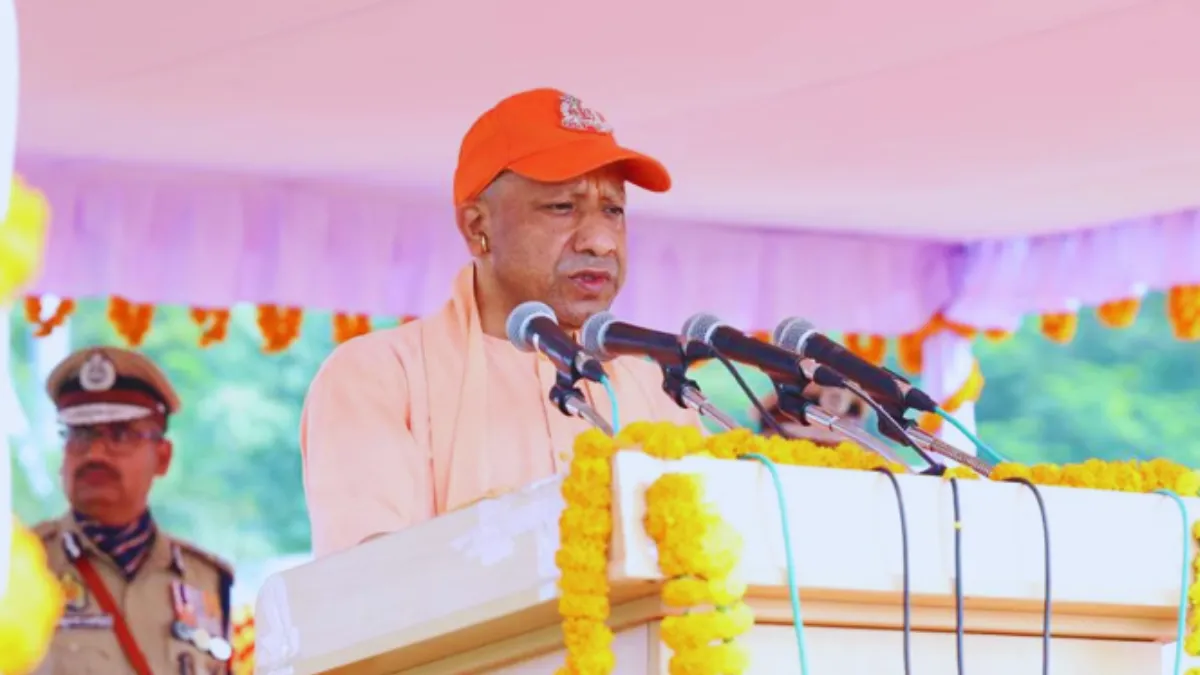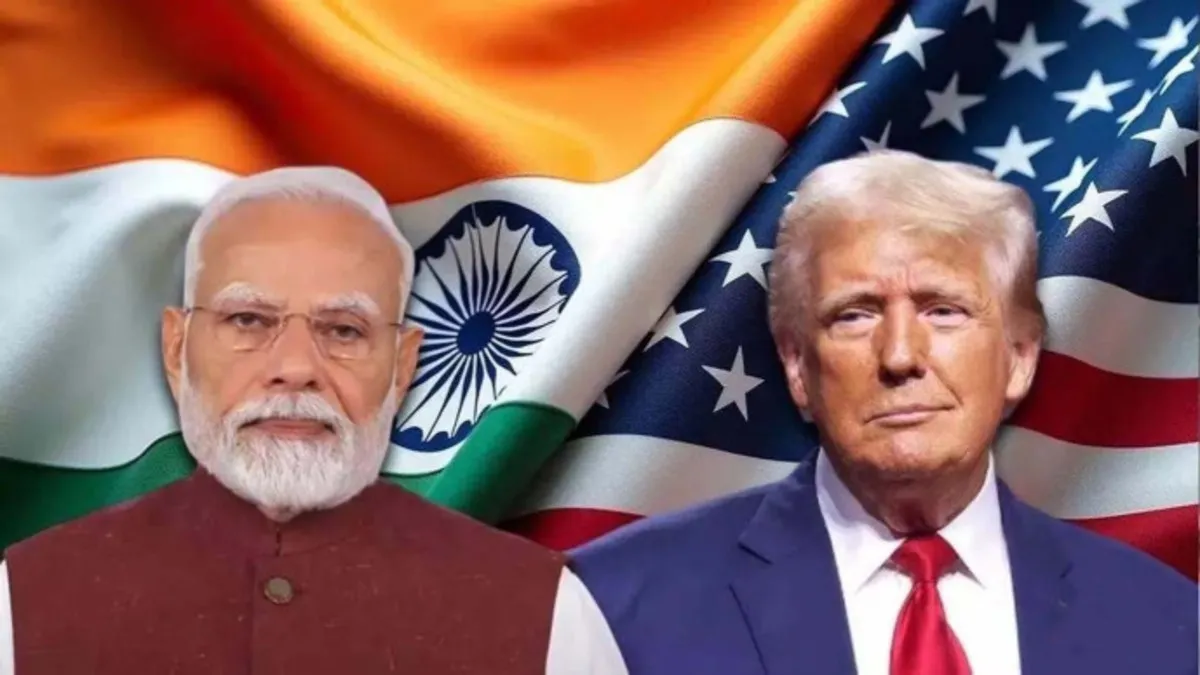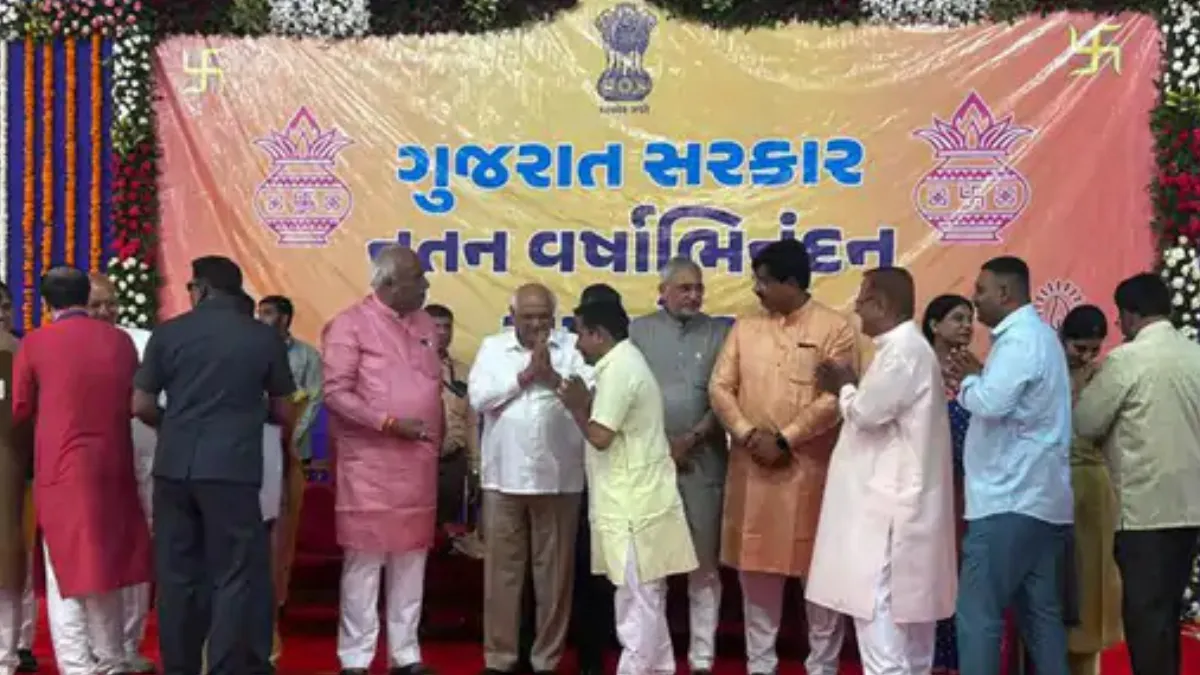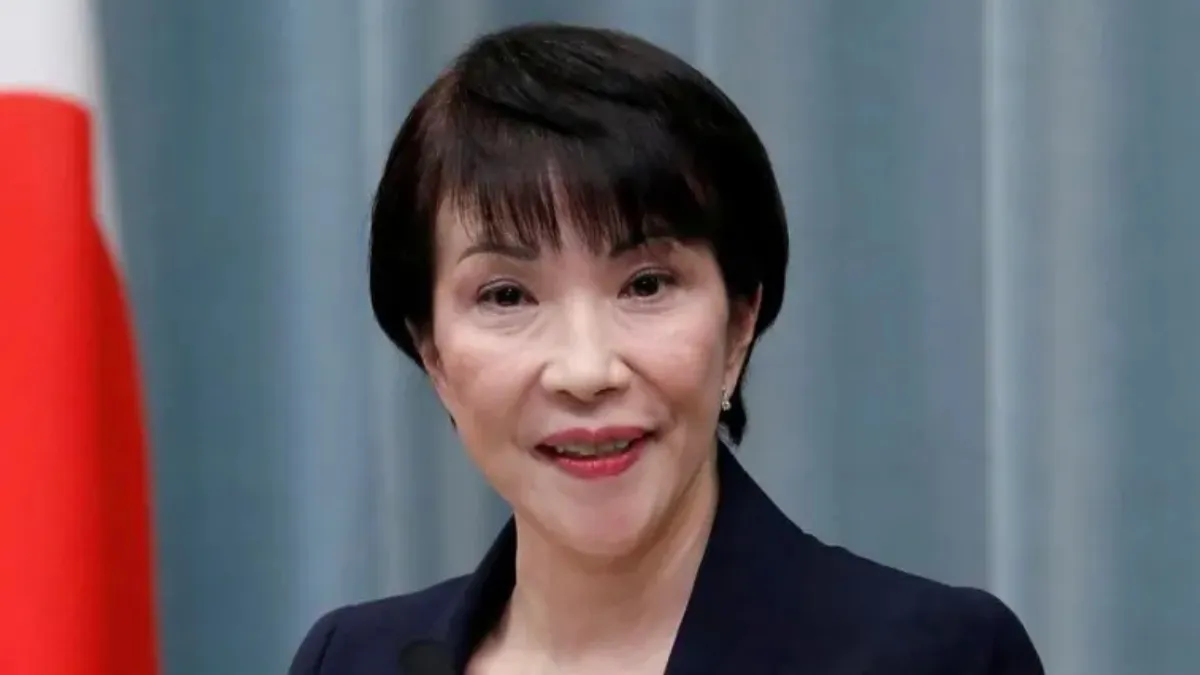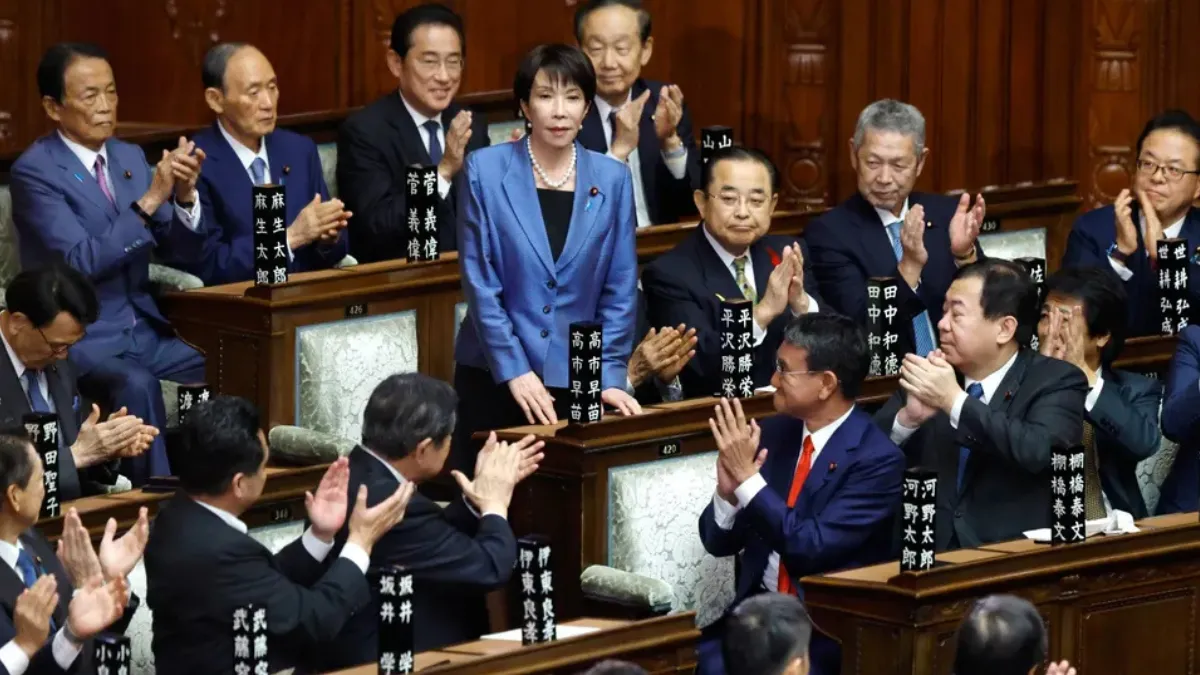Taliban Foreign Minister Muttaqi Visits India: The political landscape of South Asia is undergoing significant changes, especially after Operation Sindur. In recent years, Pakistan has improved its strategic position with China’s assistance, prompting India to rethink its regional approach. Afghanistan’s proximity offers India a unique opportunity to bolster its influence in South Asia. Against this backdrop, the visit of Afghanistan’s Foreign Minister Amir Khan Muttaqi to India has attracted global attention.
From October 16, 2025, Muttaqi will embark on a diplomatic mission to India, marking a critical development in India-Afghanistan relations. Despite being listed as a restricted individual by the United Nations Security Council, Muttaqi has been granted special permission to visit India. His visit comes after the recent Moscow Format Consultations, where Afghanistan, India, Pakistan, China, and Russia discussed regional security and economic issues.
Background of Afghanistan-India Relations
India has not formally recognized the Taliban government in Afghanistan, and there have been no official diplomatic ties since India closed its embassy in Kabul in 2021. However, backchannel diplomacy has continued for years, ensuring that communication lines remain open. Experts like Professor Omair Anas from Ankara University note that India has historically maintained close ties with Afghanistan, treating it as a vital neighbor and strategic partner in South Asia.
Agenda of Muttaqi’s Visit
According to sources from the Afghan Foreign Ministry, Muttaqi is expected to meet with India’s Foreign Minister S. Jaishankar in Delhi. Discussions are likely to focus on:
- Humanitarian aid and relief measures
- Visa facilitation and trade-related cooperation
- Economic matters, including dry fruit exports, Chabahar port connectivity, and regional infrastructure
- Security concerns, especially regarding cross-border terrorism and groups like TTP
- International recognition of the Afghan government
This visit represents an opportunity for India to strengthen its bilateral ties while promoting regional stability.
Historical Ties Between India and Afghanistan
Professor Omair Anas highlights that India and Afghanistan have shared strong historical and cultural ties. Even during periods of internal conflict, India remained a steadfast partner, providing humanitarian aid and developmental support. Despite global political changes, Afghanistan has historically relied on India as a trusted ally.
Associate Professor Rajan Raj from Jawaharlal Nehru University emphasizes that India’s engagement with the Taliban-led Afghan government is strategic. While India has not granted official recognition, dialogue and ministerial visits signal a pragmatic approach to long-term regional stability.
Strategic Importance of Taliban Engagement
India’s engagement with Afghanistan’s Taliban government is informed by several factors:
- Acknowledging the Reality on Ground: India recognizes that the Taliban will likely remain in power for the foreseeable future. Open channels of communication help manage bilateral interests effectively.
- Reducing Regional Isolation: Maintaining dialogue ensures that extremist groups do not use Afghan territory against India.
- Economic Cooperation: India can assist in easing economic restrictions on Afghanistan, offering opportunities in infrastructure, technology, and trade.
- Counterbalancing Pakistan’s Influence: Direct engagement with the Taliban reduces Pakistan’s leverage over Afghanistan, mitigating Islamabad’s ability to exploit regional conflicts for strategic advantage.
Afghanistan’s Perspective: Benefits of Engagement
Afghanistan seeks India’s partnership to reduce economic sanctions and gain international support. Professor Rajan Raj notes that India’s assistance, including aid during recent natural disasters, reinforces its role as a reliable partner. Afghanistan is eager to diversify its foreign relations, increasing ties with countries like China, Iran, and India, thereby reducing overdependence on Pakistan.
Impact on Regional Politics Post-Operation Sindur
South Asia’s political dynamics have shifted following Operation Sindur. India is working to develop stronger ties with neighboring countries like Nepal, Bangladesh, Sri Lanka, and the Maldives. The visit of Taliban Foreign Minister Muttaqi to India has implications beyond bilateral ties, potentially influencing broader South Asian stability.
Professor Anas notes that regional players such as Pakistan have historically leveraged Afghan instability to their advantage. Now, India’s direct engagement with the Taliban ensures that Islamabad cannot dominate Afghanistan unilaterally. This approach also signals to the Taliban the benefits of maintaining constructive relations with India.
Caution and Diplomacy
Engaging with the Taliban requires careful strategy. Experts suggest that India’s primary focus should be ensuring that Afghan territory is not used for anti-India activities. Maintaining strong diplomatic communication and trust-building is essential for long-term stability.
Professor Anas emphasizes, “India has a unique opportunity to set the tone of engagement, ensuring that agreements reached are respected across Afghanistan. This can yield significant benefits for India while fostering regional trust.”
Pakistan and Afghanistan: Shifting Dynamics
Afghanistan has historically been influenced by Pakistan, with cross-border militant groups operating in both countries. However, Afghanistan seeks to balance this relationship by strengthening ties with other neighbors, including India and China. This shift reduces Pakistan’s ability to exercise unilateral influence over Afghan affairs.
India’s engagement with Afghanistan supports this strategic diversification, signaling that Islamabad is no longer Afghanistan’s only influential partner.
Global Implications: How Major Powers View the Visit
Professor Anas points out that Taliban Foreign Minister Muttaqi’s visit to India is likely to be welcomed by global powers. Positive India-Taliban engagement can serve as a bridge between the Taliban and Western countries. By maintaining a balanced stance, India helps facilitate dialogue and strengthens its regional influence.
Russia, China, and the United States have all observed India’s strategic approach. While Pakistan may be wary of closer India-Afghanistan ties, experts believe no other major power will oppose India’s constructive engagement.
India’s Stand Against Bagram Airbase Proposal
India has historically taken a strong stand on Afghanistan-related issues. During discussions over the Bagram Airbase, India, alongside the Taliban, Pakistan, China, and Russia, opposed U.S. proposals to regain control. This stance highlights India’s commitment to supporting Afghan sovereignty while challenging external interference.
Also read: President Murmu to Visit Gir National Park: Safari Opens Early for Historic Occasion
Conclusion: A Pivotal Moment for India-Afghanistan Relations
The visit of Taliban Foreign Minister Muttaqi to India is more than a bilateral diplomatic engagement—it represents a strategic pivot for South Asia. For India, it strengthens regional influence, enhances security, promotes economic cooperation, and counterbalances adversarial powers. For Afghanistan, it offers international support, economic relief, and diplomatic legitimacy.
Experts agree that careful, strategic, and cautious diplomacy during this visit will shape the future of India-Afghanistan relations and have lasting implications for peace and stability in South Asia.


